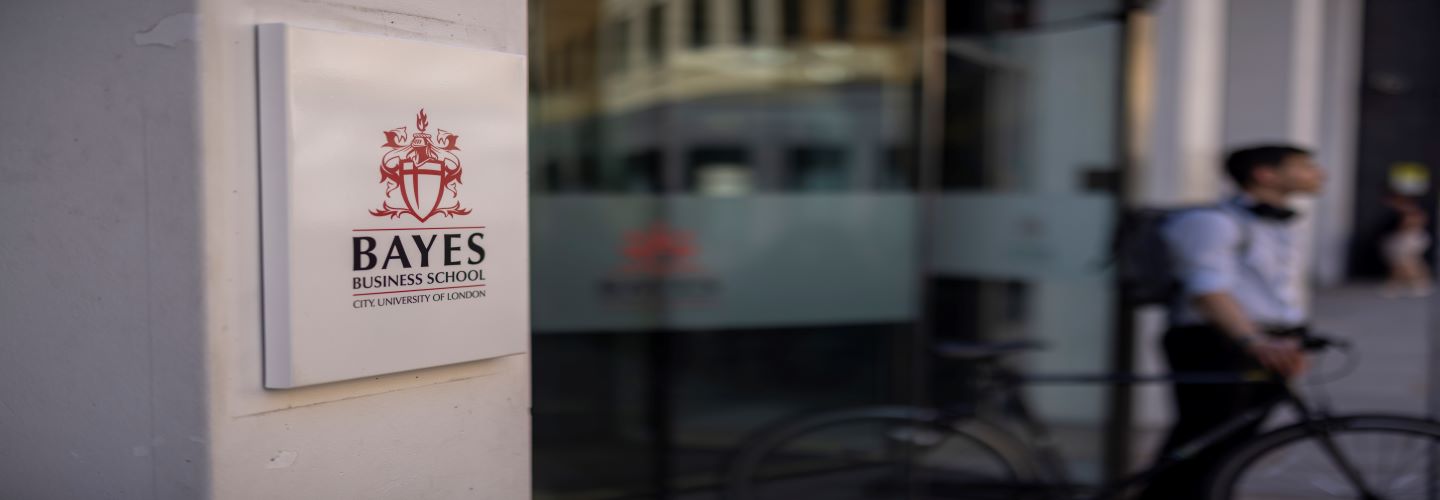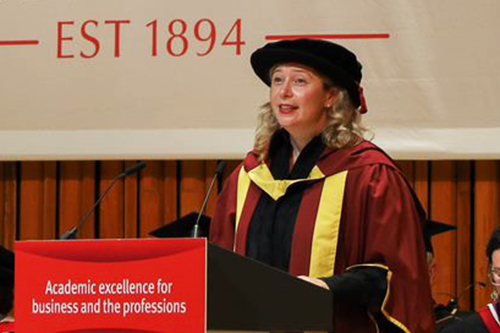British Business Schools must build on successful models of the past to improve or they risk stagnating and failing to reach their full potential.
A new paper, co-authored by Professor André Spicer and Professor Caroline Wiertz of Bayes Business School, explores the history of the Business School in the UK. It outlines the development of the institution where the goal was to improve the poor quality of British management.
Reconnecting with key aspects of the institutions that existed before the emergence of the USA-style business school in the 1960s will make clear that business schools are not trapped in a model that is outdated but can serve as sources of innovation in the future.
It follows recent criticism of business schools that they avoid important societal issues and encourage ethically dubious practices, with extreme critics have suggested the ‘bulldozing’ of the business school.
Professors Spicer and Wiertz argue that each of the five models – the Colonial School, the Workers’ School, the Civic School, the Movement School, and the Collegiate School – exemplify traits that should be inherent in the 21st Century business school and would reverse the narrative that they are ‘irrelevant and useless’.
For example, scholars have started to imagine and implement new models of the decolonized business school, allowing us to question whether models developed in colonial centers best represent the ideal that institutions should aspire toward; the workers’ school reinforces the values of ‘levelling up’ and helping to facilitate social mobility; civic schools continue to play a role in building and developing cities and communities; movement schools champion the quality of management, the need for it to imbue higher values, and how it contributes to the greater good of society; and collegiate schools how managers can learn from each other through project-sharing.
And while adopting such qualities would lead to more forward-thinking and expansive business school, the authors also warned of potential pitfalls of each model, including how exploitative business practices can be central to education, how institutions can be beholden to local interests, and that business schools can become elites’ recreational grounds.
Professor André Spicer said: “If business schools are to flourish and shed the skin that tarnishes them with labels such as ‘irrelevant’ and ‘useless’ they must find a balance between what they do well and what their predecessors did well before them. Exploring the possibilities of the past can mean we open the door for multiple futures whereby the business school is not regarded as outdated and neo-liberal.”
Professor Caroline Wiertz said: “We tend to think of the US-style business school as the typical model, but there were many local models before that. Reconnecting with these pasts can provide valuable lessons and help us shape business schools into the institutions we need them to be to make a significant, positive difference in their communities.”
‘The Future of the Business School: Finding Hope in Alternative Pasts’ by Professor André Spicer, Professor of Organisational Behaviour at Bayes Business School, Dr Zahira Jaser, Lecturer in Organisational Behaviour and Human Resource Management at the University of Sussex Business School, and Professor Caroline Wiertz, Professor of Marketing at Bayes Business School will be published in Academy of Management Learning & Education.



